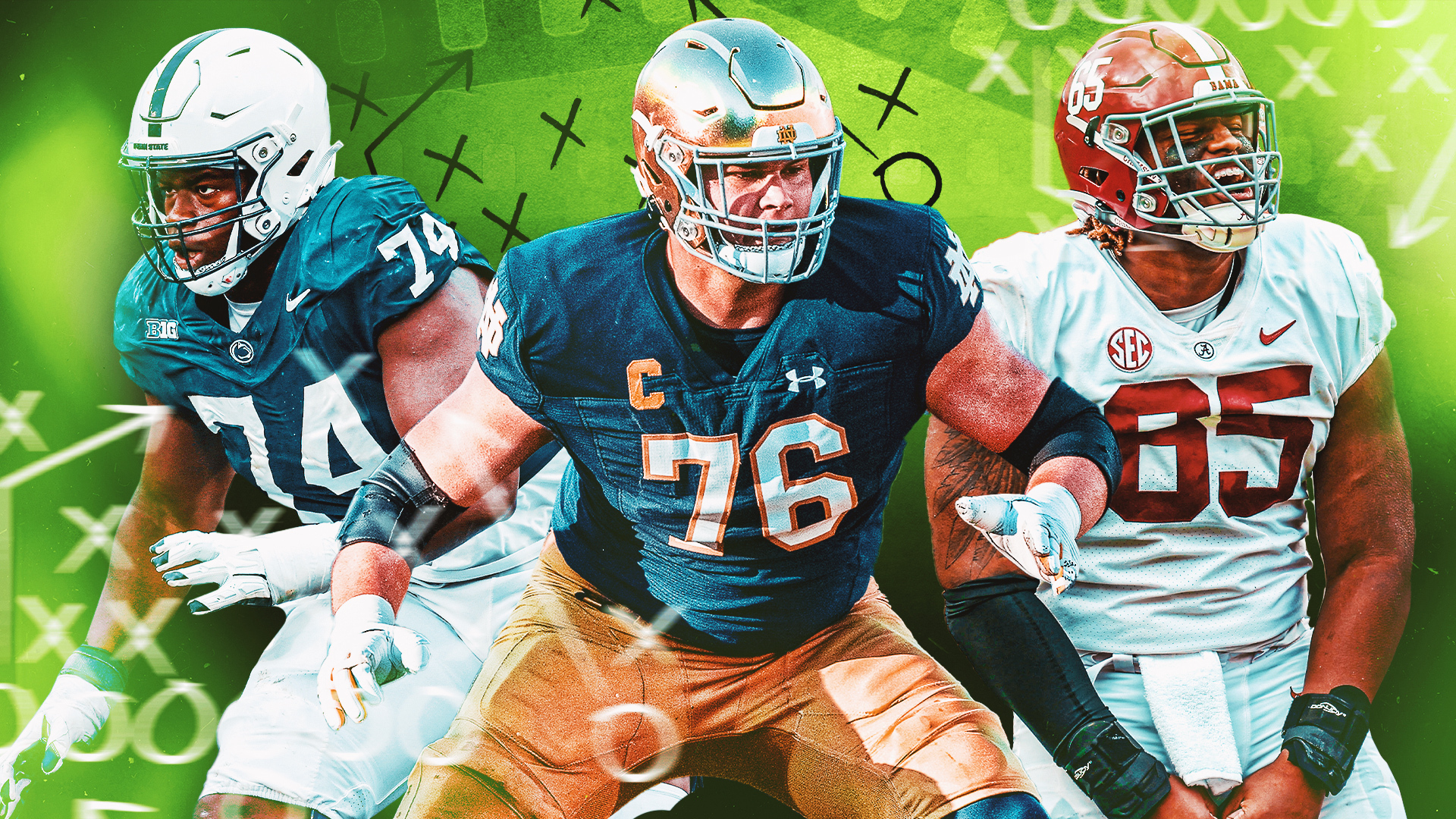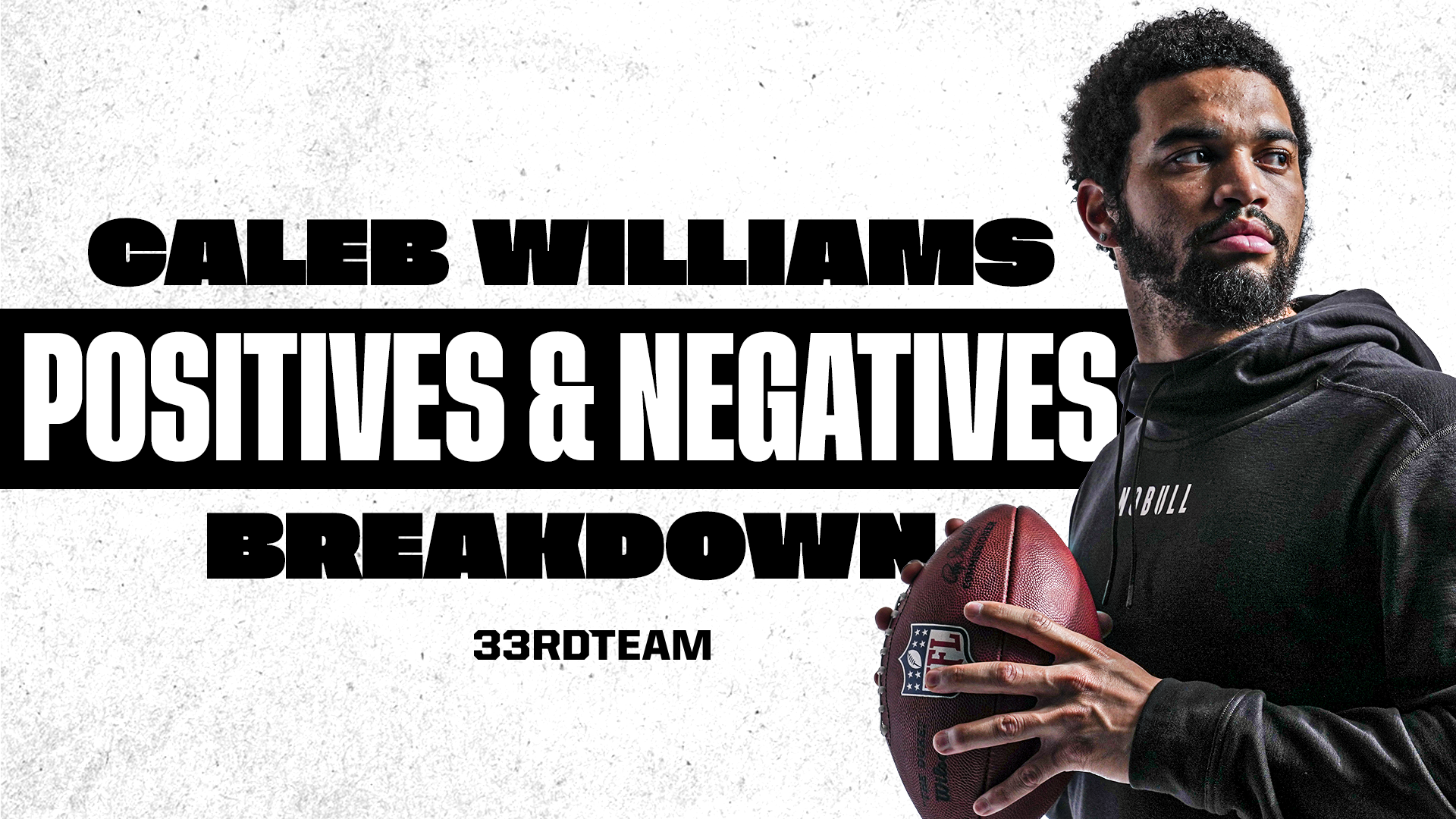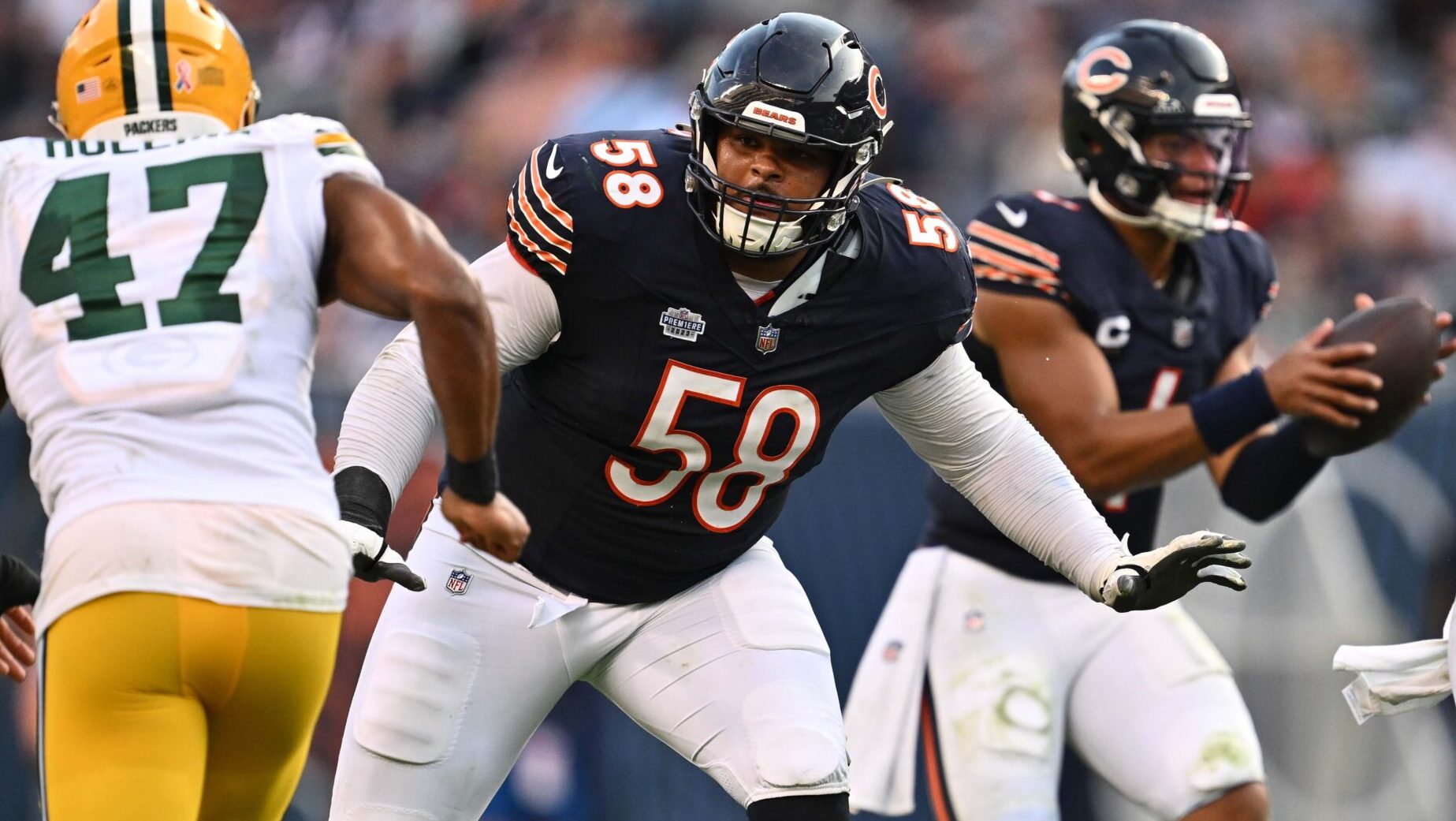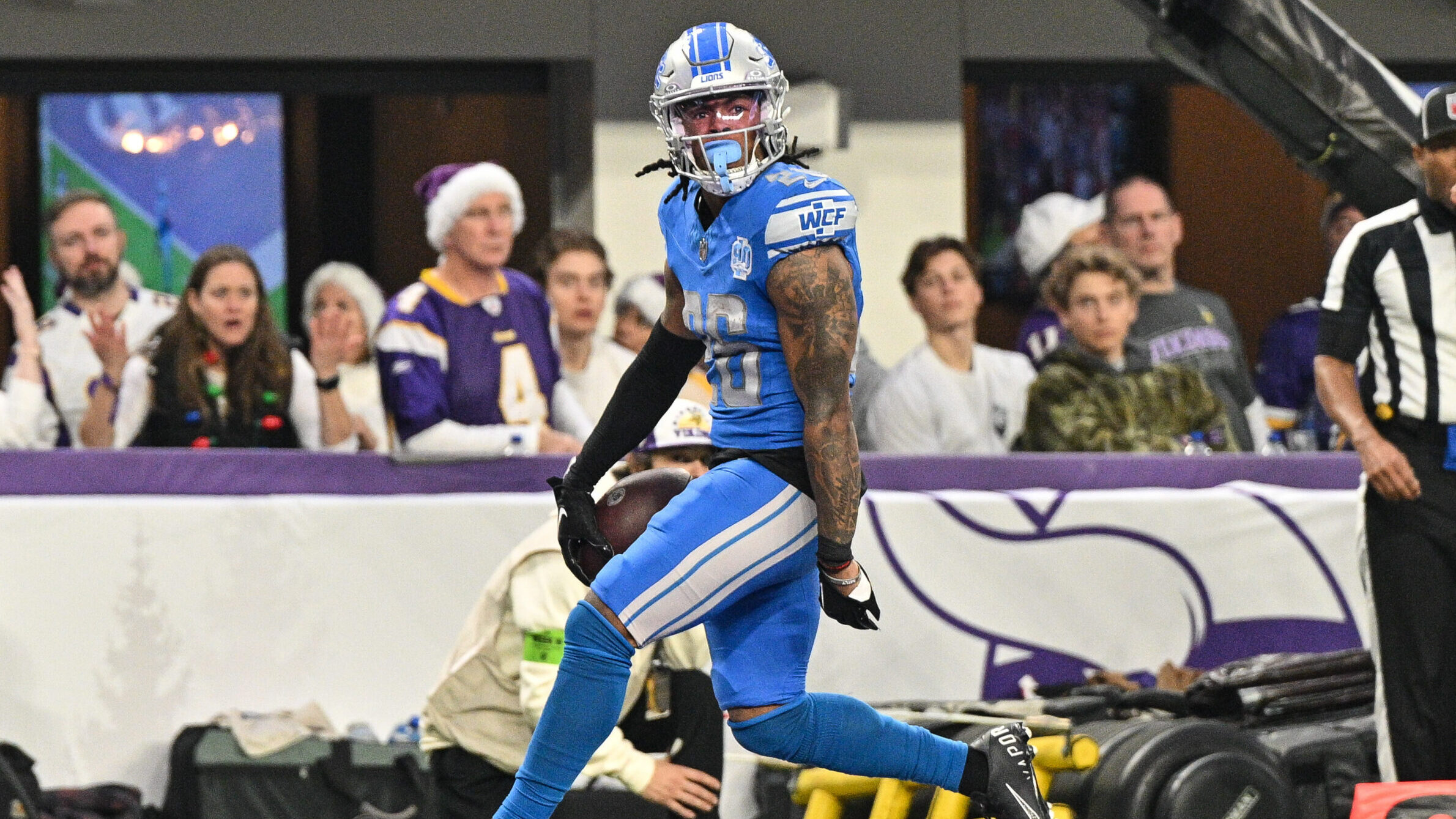Analysis
7/21/21
4 min read
Buyer's Remorse: Three Regrettable NFL Deals
Whether due to injury, poor performance, contract structure or any other factor, there has been a litany of bad NFL deals over the past few seasons. Because of this, it is tough to narrow it down to the three worst contracts. But that won’t stop us from trying. With the benefit of hindsight, here are the three deals we think have led to the most buyer’s remorse:
C.J. Mosley, Jets
The Jets signed Mosley to a 5-year, $17 million APY contract in 2019, making him the highest-paid inside linebacker in NFL history at the time (Bobby Wagner has since eclipsed him). This was a terrible deal at the time and it has only gotten worse. In 2019, Mosley missed 14 games due to a groin injury. He then opted out of the 2020 season after receiving his $10 million roster bonus. Unless the Jets can find a trade partner, Mosley will realistically be on the team for the next two seasons. He is set to have a cap hit of $7.5 million in 2021 and $17.5 million in 2022.
Regardless of how Mosley plays over the next two seasons, there is essentially no way this contract can be viewed as anything other than disastrous. Instead of using resources to directly help QB Sam Darnold, former GM Mike Maccagnan invested heavily in the defense. Some of the other moves (Trumaine Johnson and Muhammad Wilkerson) may actually be worse, but Mosley is included on this list because his contract is still active. Moreover, in the two seasons since Mosley signed, he and Wagner are still the only off-ball LBs to receive more than $14.5 million APY. Given the LB market and the fact that Mosley has barely played, this contract ranks as the worst of the past few seasons.
Ezekiel Elliott, Cowboys
Like Mosley, Elliott’s extension is another example of a deal that didn’t make sense at the time of signing. Here are four reasons (in no particular order) why extending the Cowboys RB was a poor decision by Jerry Jones:
- Timing: The Cowboys extended Elliott after his third season; including the fifth-year option, he had two years left on his rookie contract. Of course, Elliott held out of training camp, but the Cowboys should not have caved with two seasons of control at their disposal.
- Use of Resources: While Elliott is not the only bad extension the Cowboys have given (see Jaylon Smith), his contract definitely contributed to why the Cowboys let Byron Jones walk as a UFA. Considering their 2021 draft class and their current CB room, the Cowboys might like to reconsider extending Elliott instead of Jones.
- Contract: Running back might be the least valuable position (and most replaceable). And though the idea that “running backs don’t matter” is a false narrative, it’s not wise to pay RBs top of the market money. They are extremely susceptible to injury, and the contracts just don’t age well.
- Performance: To be honest, Elliott has been overrated his entire career, as he has benefitted from an outstanding offensive line. According to PFF, he was only a top 10 RB in his rookie season; he hasn’t been higher than top 14 since then. With Dak Prescott hurt and a battered O-line, Elliott posted the worst season of his career in 2020. At best, he bounces back in 2021 (with Prescott and the O-line healthy). At worst, he continues to fade and loses the starting job to Tony Pollard. Regardless, this is a very bad deal for the Cowboys.
Frank Clark, Chiefs
By itself, Clark’s deal might not be one of the three worst; however, when coupled with the draft capital the Chiefs gave up to acquire him, it becomes one of the three biggest cases of buyer’s remorse. At $20.8 million APY, Clark is one of 5 EDGE rushers making over $20 million APY. According to PFF, the other four — Joey Bosa, Myles Garrett, Khalil Mack and DeMarcus Lawrence — have all been top 10 pass rushers since 2019. Clark, on the other hand, ranks 117th in PFF pass-rush grade since the Seahawks traded him to Kansas City.
The Chiefs restructured numerous deals this offseason, but Clark currently has their top cap hit in 2021 at $25.8 million. On a top-heavy roster, Clark is the player that most stands out for making far more than his production merits. When you have Patrick Mahomes, you can easily overcome a bad deal like Clark’s. Yet, Clark has to be on this list—the Chiefs traded a first, a third and a conditional second for Clark and a third -- then proceeded to pay him $20.8 million APY on top of that. There are only a handful of players in the league who would be worthy of that kind of draft capital and contract. Clark is not close to being one of them.








